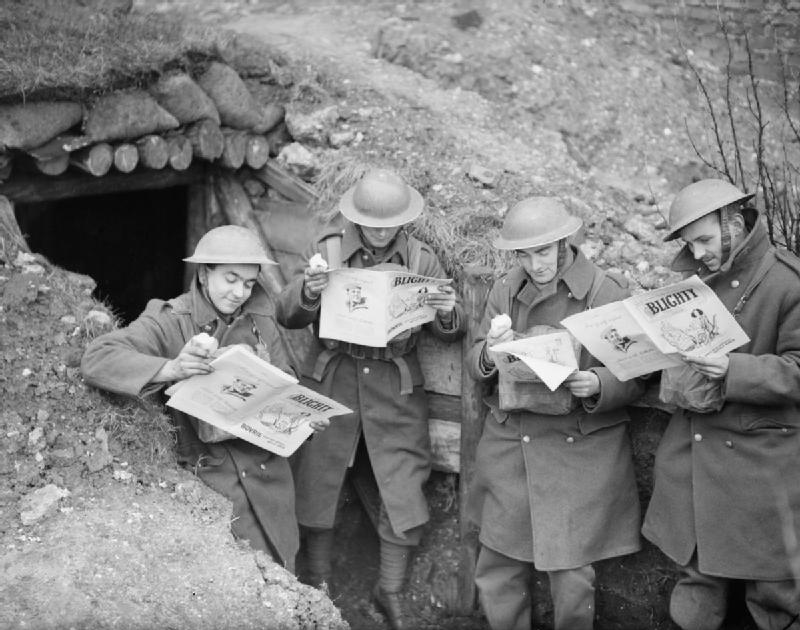
Public relations emerged in Britain in the first world war. But what would the pioneer of the field make of comms today?
The media landscape of today could hardly be more different to the one Basil Clarke faced when he became the UK’s first public relations officer in 1917.
Given that Clarke was operating five years before the BBC was even founded, we can only imagine what he would have made of 24-hour rolling news and the rise of social media.
The way public relations is viewed has also changed greatly. The industry may be treated with suspicion by some within today’s news media, but most journalists accept it as an inevitable – and sometimes even helpful – part of their lives.
Clarke’s experience was very different. When leading the British propaganda effort during the Irish War of Independence, for example, some newspapers criticised the very idea of having “skilled journalists” working within government. And the criticism did not end when he moved to the private sector, setting up the UK’s first public relations agency in 1924; some editors saw his public relations material as nothing more than an attempt to get free advertising.
But as difficult as the early days of public relations were, Clarke understood that if he could tell interesting stories in an engaging way, then good coverage would follow. As he once said: “No single soul in this world is an enemy of the editor if he has fresh, live news to tell.”
Clarke also understood what gave something news value. He had worked under C.P. Scott at the Manchester Guardian and Lord Northcliffe at the Daily Mail, and as well learning from two of the towering figures of the early 20th Century newspaper industry, his time as a war reporter for the Daily Mail during the First World War had given him first-hand experience of covering perhaps the biggest news story of all time.
He realised that news value came from four elements: importance; human interest value; timeliness and the reliability of its source. His view of public relations was that the key to success was simply to amplify elements.
Clarke’s ideas about public relations may have been forgotten for decades, but they are still relevant. And this is why, as alien as social media would have seemed to him, I think he would have been just as successful if he was working in public relations today. This is because while the things we use to communicate may have changed beyond all recognition, the essence of good communication has stayed the same.
Richard Evans is the author of From the Frontline: The Extraordinary Life of Sir Basil Clarke. It is published by The History Press and is available at www.thehistorypress.co.uk.
